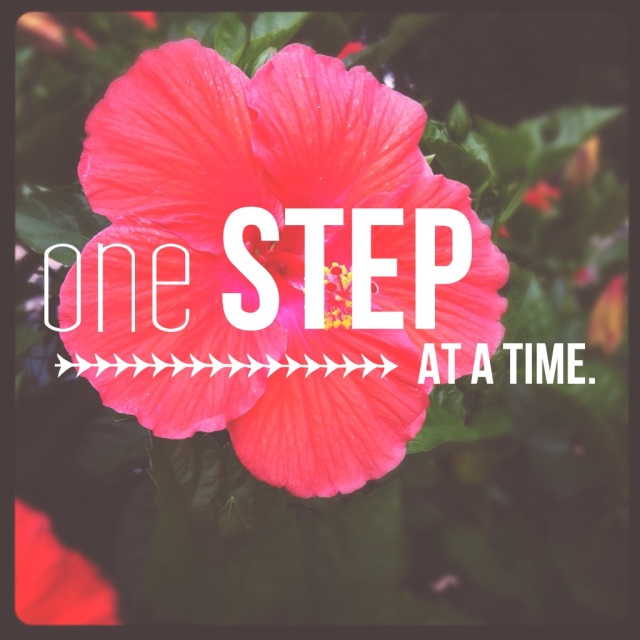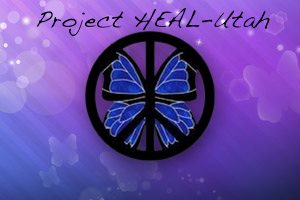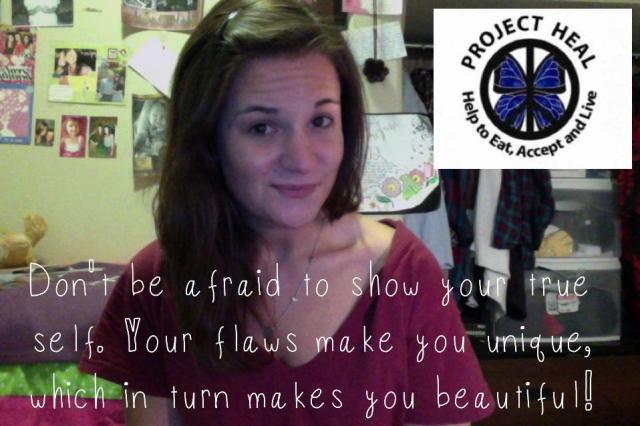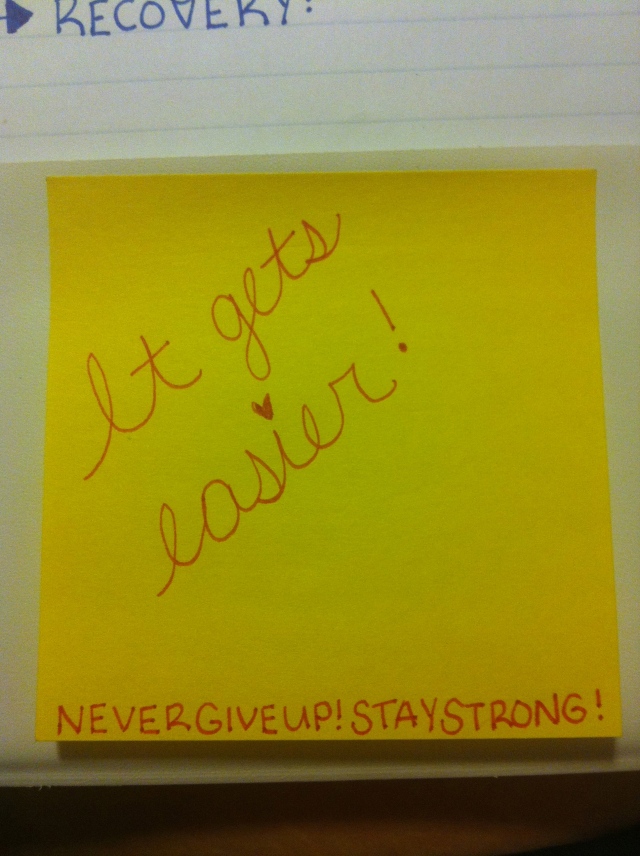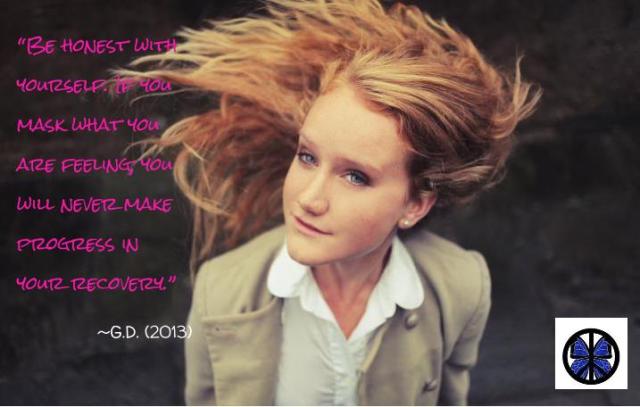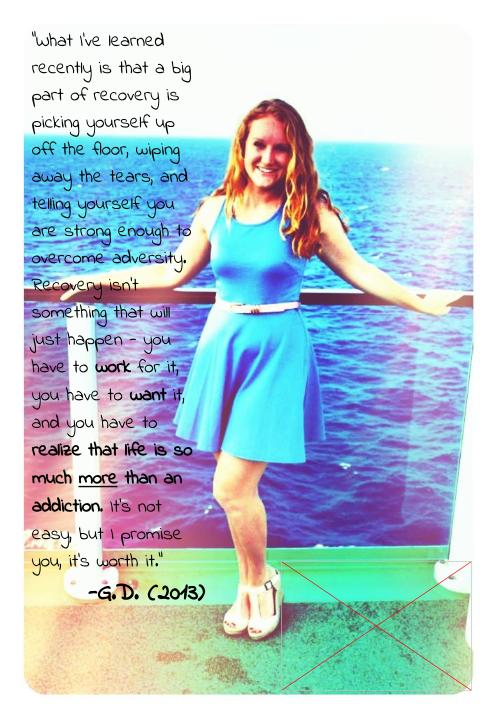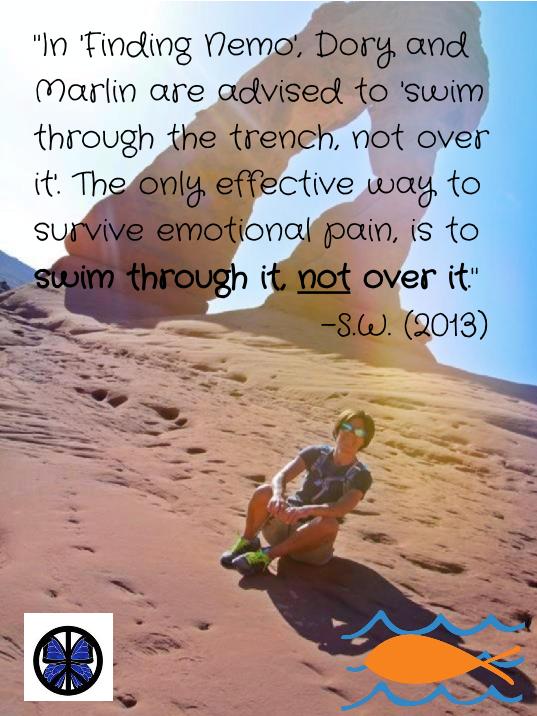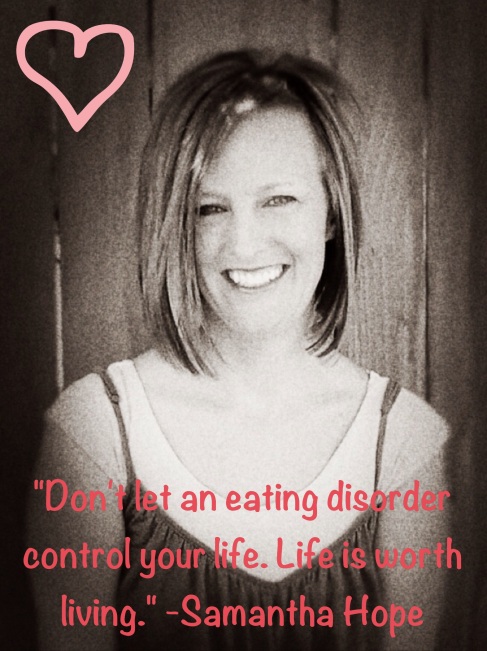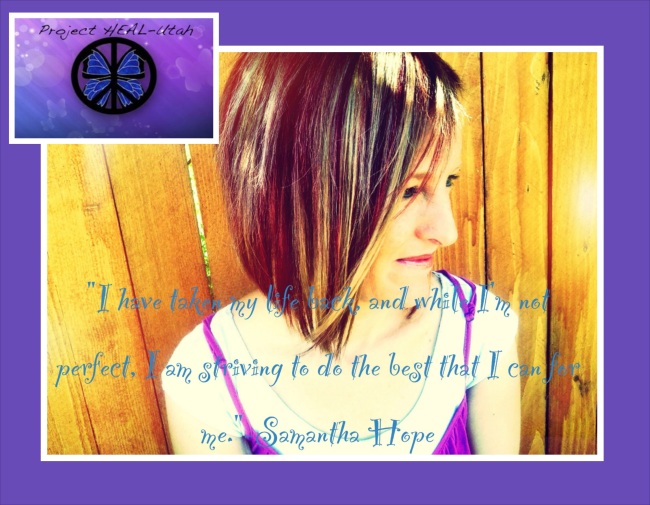Within the last 10 years or so, locating eating disorder treatment options (via the internet, word of mouth, and insurance companies) has definitely become easier and in some cases larger (in regards to the various approaches utilized by different providers). Nevertheless, many of us continue to experience difficulty when searching for updated available treatment options. That is, when investigating local treatment providers it’s more often then not, that we find the individual(s) listed on certain available resources have retired, moved, or are inaccurate contact information. In other cases with many of the treatment professionals that we are able to locate (i.e. attain a name & contact info), we then have to spend hours (at the very least) searching any available information on the provider to determine if they are able to appropriately meet our needs (e.g. insurance they accept, specializations, cost without insurance, treatment modality commonly used, availability [waiting lists frequently create roadblocks in attaining treatment], location…the list goes on).
We are going to post several blogs with various levels of care treatment options (out-patient, partial-hospitalization programs, residential, inpatient) within the local area (Western: Utah, Nevada, Colorado, Arizona, California, Idaho, Montana, Wyoming, Oregon, & Washington. Mid-west: Illinois & Minnesota).
Connecting with your treatment providers is an important part of the treatment process- of course also keeping in mind that your mindset and attitude about treatment is equally just as important- from connecting with the facilitator of your local EDA group to connecting with your individual therapist: it’s all significant to your success. Feeling heard and validated is essential to your healing process, therefore do not hesitate to voice any concerns (such as feeling invalidated) with your current treatment providers and/or anyone within your support system, because they cannot change what is ineffective in their treatment approach if they are not made aware of the issue. It may be helpful to remind yourself that you are IMPORTANT, you MATTER, and your voice DESERVES to be heard.
Stay tuned for a list of available resources!
Related articles
- for myself and no one else (onegirlarmystrong.wordpress.com)
